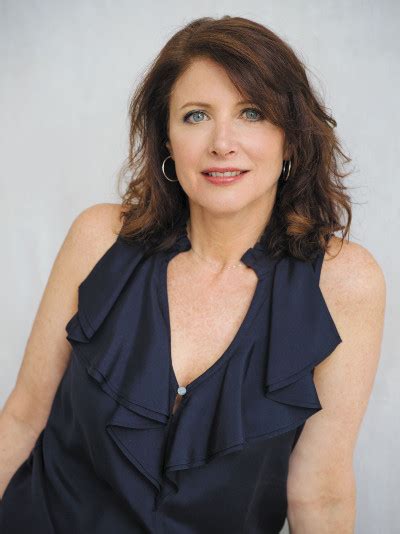A Quote by Zoe Foster Blake
I used to write fiction, non-fiction, fiction, non-fiction and have a clear pattern because I'd need a break from one style when going into the next book.
Related Quotes
Writing fiction is not a profession that leaves one well-disposed toward reading fiction. One starts out loving books and stories, and then one becomes jaded and increasingly hard to please. I read less and less fiction these days, finding the buzz and the joy I used to get from fiction in ever stranger works of non-fiction, or poetry.
I remember reading an interview with a writer who said that in nonfiction if you have one lie it sort of messes it up. But in fiction the real details give you so much more credibility, because people do so much research just to write fiction. In fiction you're trying to recreate something lifelike.
Creative non-fiction is such a liberating genre because it allows the non-fiction writer, whether he or she be journalist or essayist, to use all of the techniques of the fiction writer and all of the ideas, creative approaches, that fiction writers get a chance to use, but they have to use it in a true story.


































